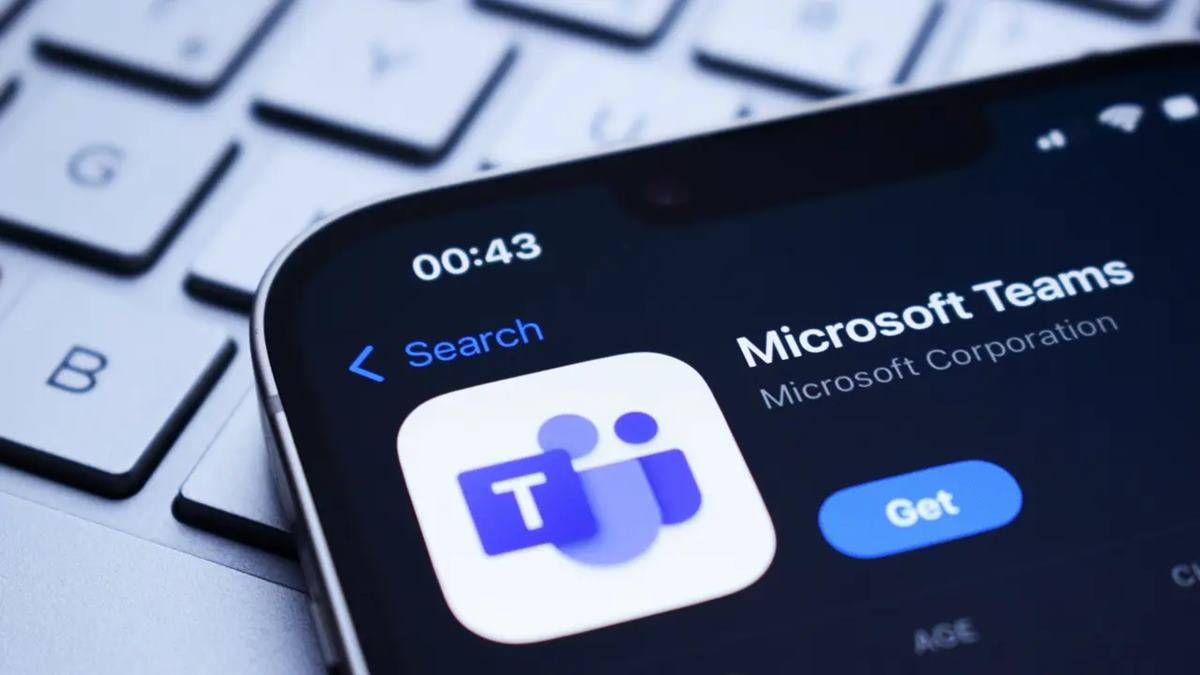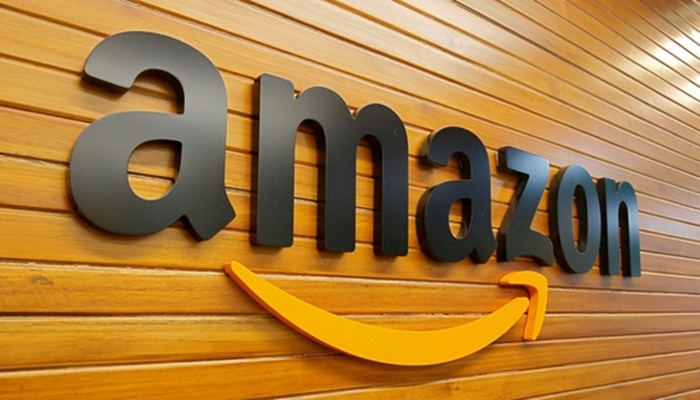Meta expects employee compensation to be the second-biggest driver of expense growth in 2026, the Facebook parent said on July 30, a result of the fierce talent war it kickstarted for artificial intelligence (AI) researchers and engineers.
Speaking at the company’s earnings conference call, chief financial officer Susan Li said the Meta will continue to hire technical talent in priority areas such as AI, infrastructure and reality labs.
“Within AI, we’ve had a particular emphasis on recruiting leading talent within the industry, as we build out Meta Superintelligence Labs to accelerate our AI model development and product initiatives,” she said.
While Li didn’t disclose projections for the 2026 expense growth rate, saying it’s “still very early in planning for next year”, she said it would be higher than the 20–24 percent year-on-year (YoY) increase expected in 2025. This will also reflect a full year of compensation expense for the AI talent the company is hiring this year, she said.
Meta expects its expenses in the $114 billion-$118 billion range for the year, with infrastructure costs as the largest driver because of higher operating costs and a sharp acceleration in depreciation expenses.
The company also narrowed its full-year capital expenditure forecast for 2025 to between $66 billion and $72 billion from the earlier $64 billion- $72 billion.
“While the infrastructure planning process remains highly dynamic, we currently expect another year of similarly significant capex dollar growth in 2026, as we continue aggressively pursuing opportunities to bring additional capacity online to meet the needs of our AI efforts and business operations,” Li said.
In January, Meta CEO Mark Zuckerberg said the company would invest “hundreds of billions of dollars” in AI infrastructure over the long term.
Earlier this month, he announced that Meta is building several multi-gigawatt AI data centres, starting with Prometheus, expected to come online in 2026. Another data centre, Hyperion, will scale up to 5 gigawatts over the coming years, he said.
During the earnings call on July 30, Zuckerberg said this step is crucial to attracting top researchers, who will have “access to unparalleled compute” to be able to lead their research and then roll it out to billions of people across the company’s products.
“I think that there’s no other company that is as good as us at taking something and getting it in front of billions of people,” he said.
Zuckerberg’s AI hiring spree
In the past few months, the Meta chief has been on a hiring spree, pursuing and poaching some of the most sought-after AI talent from rivals such as OpenAI, Google, Anthropic and Apple to build the newly established Meta Superintelligence Labs (MSL).
He is said to have even doled out billion-dollar compensation packages over four years to lure top AI researchers.
MSL is led by former Scale AI chief executive Alexandr Wang and former GitHub chief executive Nat Friedman, both of whom joined the social networking giant in recent months. Wang, who is the chief AI officer, joined as part of Meta’s $14.3-billion investment in Scale AI in June.
Last week, Meta named Shengjia Zhao, the co-creator of OpenAI’s ChatGPT, as the chief scientist of MSL. The unit will bring together the company’s foundation models, product and Fundamental AI Research (FAIR) teams, along with a new lab focused on developing the next generation of its AI models. Yann LeCun continues as the chief scientist of FAIR.
“We’re building an elite, talent-dense team… I’m excited to work closely with them and the world-class group of AI researchers, and infrastructure and data engineers that we’re assembling,” Zuckerberg said.
The Meta chief added that he sees small, talent-dense teams as the optimal setup for driving frontier research.
“If you look at what we do in Instagram or Facebook or our ad system, we can productively have many hundreds or 1000s of people working on improving those systems,” he said. “But I think for leading research on superintelligence, you want the smallest group that can hold the whole thing in their head.”
Superintelligence is defined as AI that surpasses human intelligence in every respect and is considered the next stage after Artificial General Intelligence (AGI).
AI strategy reset
These efforts come as Meta attempts to reset its strategy in the red-hot AI arms race following a series of setbacks, including the disappointing performance of its flagship AI model Llama 4, delays in launching more-advanced AI models and the departure of several top researchers.
Zuckerberg said the company is making good progress towards Llama 4.1 and 4.2, while also working on the social networking giant’s next generation of models that “will push the frontier in the next year or so”.
Shortly before Meta’s quarterly earnings release, the Meta chief had outlined the company’s vision for personal superintelligence, which he believes has the potential to usher in a new era of individual empowerment.
“We believe that people pursuing their individual aspirations is how we have always made progress expanding prosperity, science, health and culture. This will be increasingly important in the future as well,” he said.
This approach is distinct from others in the industry, who believe superintelligence “should be directed centrally towards automating all valuable work, and then humanity will live on a dole of its output”, he said.
“If trends continue, then you’d expect people to spend less time in productivity software, and more time creating and connecting… Personal devices like glasses that understand our context because they can see what we see, hear what we hear, and interact with us throughout the day will become our primary computing devices,” he said.
AI fuels Q2 numbers
Meta’s AI investments also played a key role in its strong performance in the June quarter, driven by growing adoption of its AI-powered ad products, improved ad efficiency and increased time spent by users on Facebook and Instagram.
Revenue surged 22 percent to $47.5 billion, while net income jumped 36 percent to $18.4 billion. The number of daily active users across Meta’s family of apps, which also includes WhatsApp and Threads, averaged 3.48 billion for June, up 6 percent from the year-ago period.




















